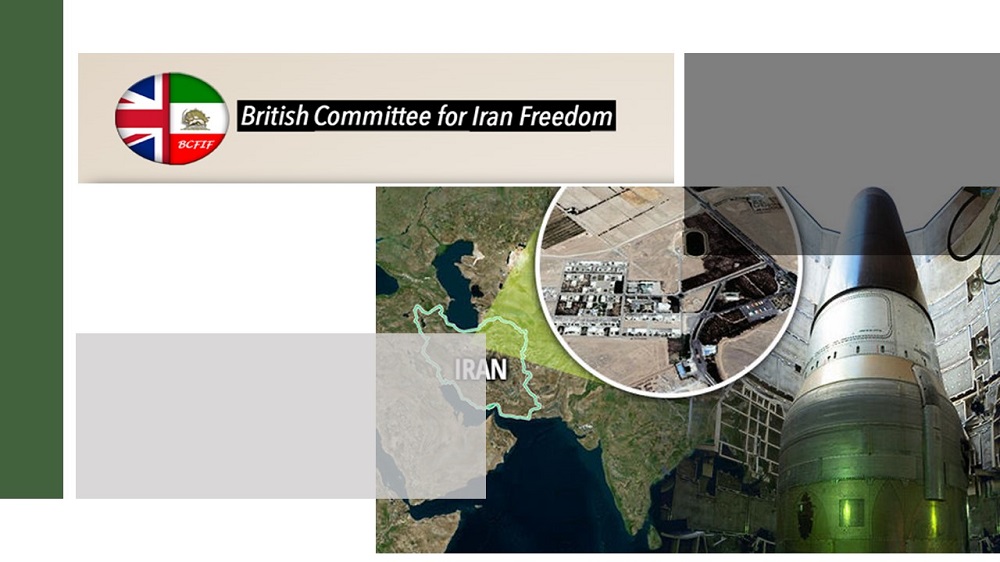
Prof. Lord Alton of Liverpool on behalf of the British Committee for Iran Freedom (BCFIF) on the resolution adopted by the IAEA Board of Governors censuring the regime in Iran issued a statement.
Full text of the statement as follows:
Today (June 9), the IAEA Board of Governors passed a resolution formally censuring the regime in Iran over its persistent non-cooperation with the UN nuclear agency.
Details of Iran’s non-cooperation were contained in a report by the IAEA Director General Rafael Grossi, published last week, emphasising an absence of technically credible reasons for the presence of nuclear material in environmental samples collected from three undeclared sites after implementation of the 2015 Iran nuclear deal, or the Joint Comprehensive Plan of Action (JCPOA)
There is mounting frustration with Iran’s evasiveness, lending additional credence to longstanding criticisms of the JCPoA as having given away too much in exchange for too little. This has effectively allowed the Iranian authorities to sweep its history of military nuclear activities under the carpet. In turn this has underscored the international community’s earlier failure to develop a complete picture of the Iranian nuclear programme after its first clandestine details were revealed to the world in 2002 by the country’s leading opposition group, the People’s Mojahedin Organisation of Iran (PMOI).
The JCPoA represents only one aspect of a Western strategy which has foolishly prioritised negotiations with the regime over all other considerations. By contrast, a well coordinated application of pressure might have exposed Iran’s entire nuclear infrastructure to daylight.
But even in their subordinate role, economic sanctions and diplomatic isolation have proven remarkably effective, and in the years leading up to the JCPoA’s implementation have been broadly credited with forcing Tehran to the negotiating table.
It is a tragedy that implementation entailed the removal of the very pressures that could have otherwise been used to resolve the issue once and for all.
Six UN resolutions on Iran’s nuclear programme were suspended under the seven-party agreement, and they remained suspended even after the U.S. pulled out of the agreement in 2018.
Since then, Tehran has made serious nuclear advances including the enrichment of at least 43 kilograms of uranium to 60% fissile purity and the installation of more advanced centrifuges enabling that material to easily cross the final threshold to weapons grade.
Meanwhile, the regime has suffered no consequences for its escalating provocations, but has imposed increasingly bold, irrelevant demands during the negotiations seeking to restore the JCPoA.
As the UK, France and Germany reiterated in their joint statement to the Board of Governors on 7 June, “None of these activities have credible civilian justification in Iran.”
The resolution by the IAEA Board of Governors is a vital first step in challenging the permissiveness that has for so long defined the international community’s dealings with Iran’s nuclear programme. The present responsibility of the UN agency is to not only make up for flaws in the JCPoA restoration process, but to end Iran’s impunity in this matter.
To that end, the ultimate goal in this week’s meetings should be to set the stage for re-imposing the six resolutions suspended by the JCPoA, and to refer the dossier of Iran’s nuclear provocations back to the UN Security Council so it may lay out a new strategy which pursues a complete understanding of Iran’s nuclear history, and exerts adequate pressure to obtain it.
Professor the Lord Alton of Liverpool
Independent Crossbench Member of the House of Lords
9 June 2022